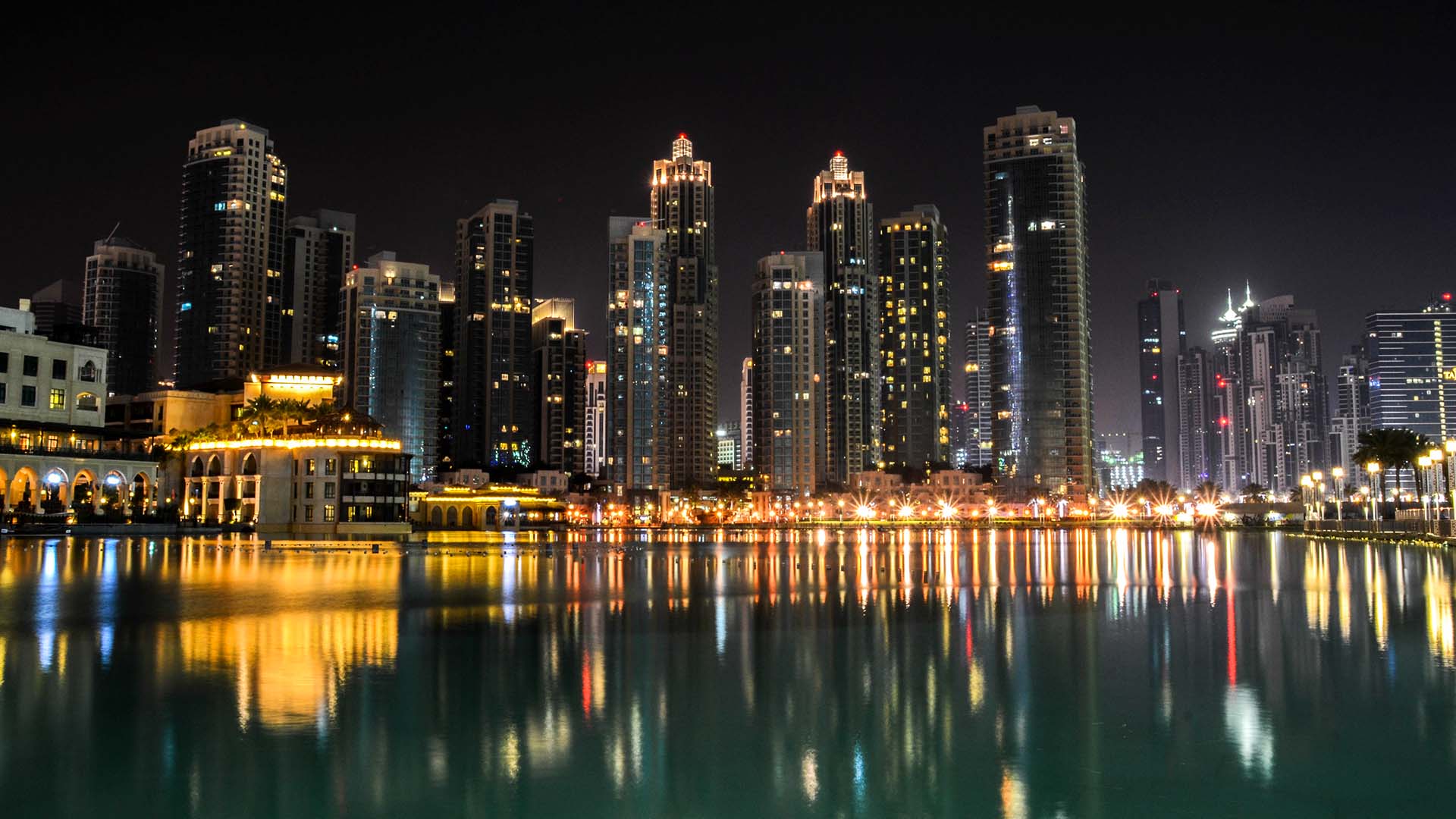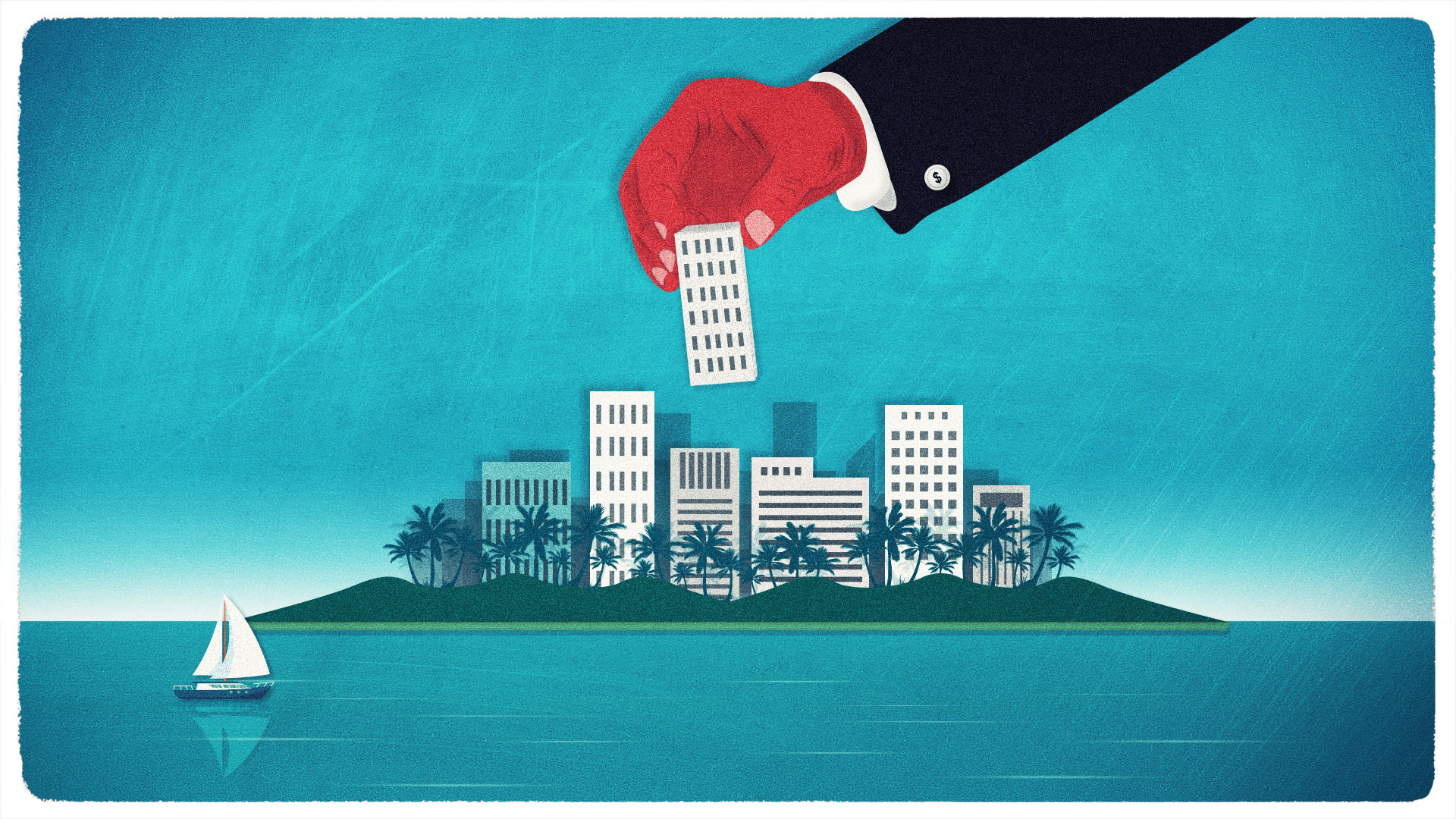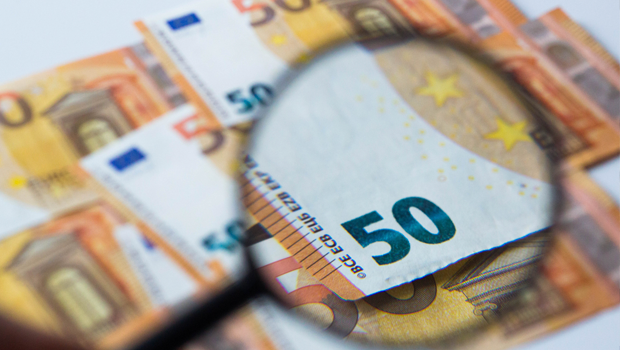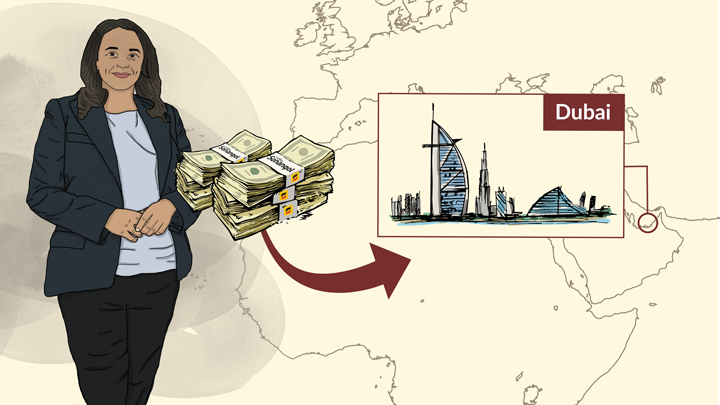Dubai is one of the world’s worst dirty money hotspots, according to a new report.
From Nigerian kleptocrats to Mexican narco traffickers, a range of criminals, corrupt politicians and money launderers call Dubai home or operate from inside its glistening towers, according to the report by the Carnegie Endowment for International Peace. Dubai is one of seven territories that form the United Arab Emirates.
Gold, dug from deadly conflict zones or moved out of Afghanistan by Al-Qaeda and the Taliban, is laundered in Dubai and shipped onto the world market, the report said. Corrupt public officials launder stolen money through luxury real estate and light-touch free trade zones help businesses hide wrongdoing through false documents, the report adds.
“In just a few decades, Dubai has gone from a relatively small city with nothing much to offer– little fresh water, no natural port, no long banking history – into a global trade, travel and finance hub,” one of the report’s editors and authors, Jodi Vittori, told ICIJ.
Vittori said: “Part of that success has been due to the willingness of Dubai’s authorities to ask fewer questions about the sources and destinations of the trade and finance that courses through it.”
UAE officials know about the dirty money that flows through the Emirate, the report said: “this is a feature, not a bug, of Dubai’s political economy.” Government agencies are “secretive and standoffish” and regularly refuse to share information with other countries that could help nab crooks, according to the report.
The report criticizes allies of the UAE, including the United States and the United Kingdom, who “turn a blind eye” to Dubai’s lax controls in deference to its importance as a defense and trading partner.
The UAE embassy in Washington, D.C., did not immediately reply to a request for comment on the report.
The report cites investigations by the International Consortium of Investigative Journalists, including the Panama Papers and Luanda Leaks, that show Dubai as “a place where many people associated with criminal activity feel free to settle down.”
ICIJ investigations revealed, for example, that Angolan billionaire, Isabel dos Santos, transferred $38 million to a Dubai company controlled by a friend as dos Santos was removed from her job as head of Angola’s state-owned oil company. Dos Santos denies wrongdoing. UAE President Khalifa bin Zayed bin Sultan Al Nahyan owned at least 30 offshore companies, according to the Panama Papers investigation. Al Nahyan’s lawyers did not respond to ICIJ’s request for comment at the time.
Offshore specialists previously exposed by ICIJ investigations, including Mossack Fonseca, Conyers and Asiaciti, have or had offices or representatives in Dubai.



